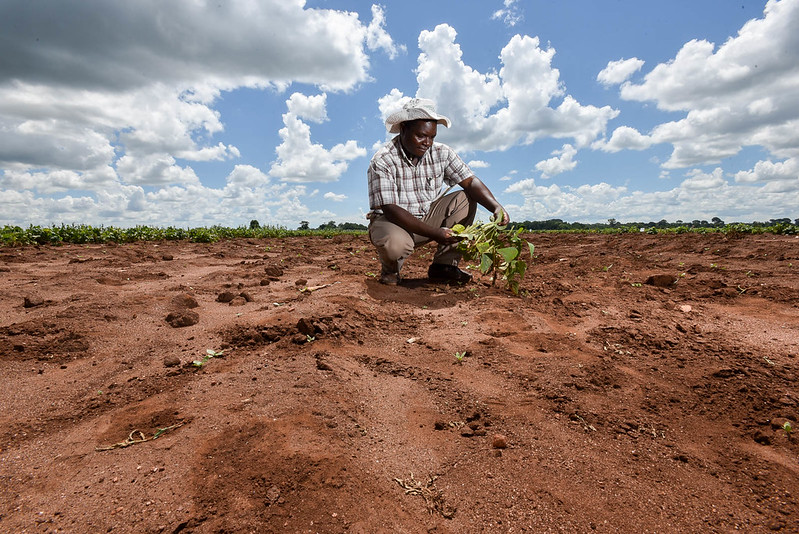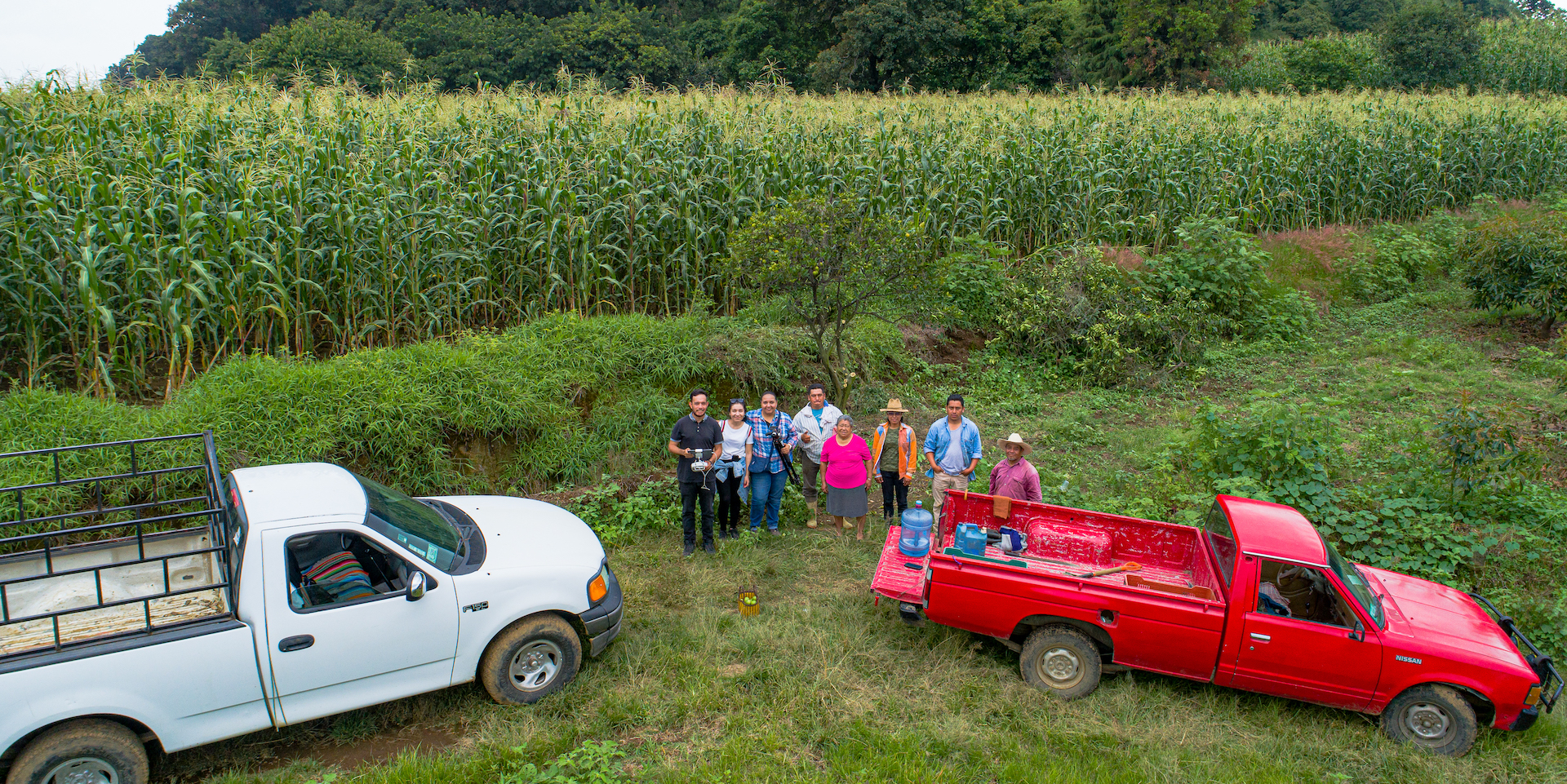As the calendar turns to October 16, the International Maize and Wheat Improvement Center (CIMMYT) celebrates World Food Day. This year’s theme is “Grow, Nourish, Sustain. Together.”
The COVID-19 global health crisis has been a time to reflect on things we truly cherish and our most basic needs. These uncertain times have made many of us rekindle our appreciation for a thing that some take for granted and many go without: food.
Food is the essence of life and the bedrock of our cultures and communities. Preserving access to safe and nutritious food is and will continue to be an essential part of the response to the COVID-19 pandemic, particularly for poor and vulnerable communities, who are hit hardest by the pandemic and resulting economic shocks.
In a moment like this, it is more important than ever to recognize the need to support farmers and workers throughout the food system, who make sure that food makes its way from farm to fork.
Sustainable food systems
According to the Food and Agriculture Organization of the United Nations (FAO), over 2 billion people do not have regular access to safe, nutritious and sufficient food. The global population is expected to reach almost 10 billion by 2050.
Our future food systems need to provide affordable and healthy diets for all, and decent livelihoods for food system workers, while preserving natural resources and biodiversity and tackling challenges such as climate change.
Countries, the private sector and civil society need to make sure that our food systems grow a variety of food to nourish a growing population and sustain the planet, together.
This year, for World Food Day, we bring you three stories about CIMMYT’s work to produce nutritious food in a sustainable way.
Explainer: What is sustainable intensification?
Farming method can boost yields, increase farmers’ profits and reduce greenhouse gas emissions. Read more.
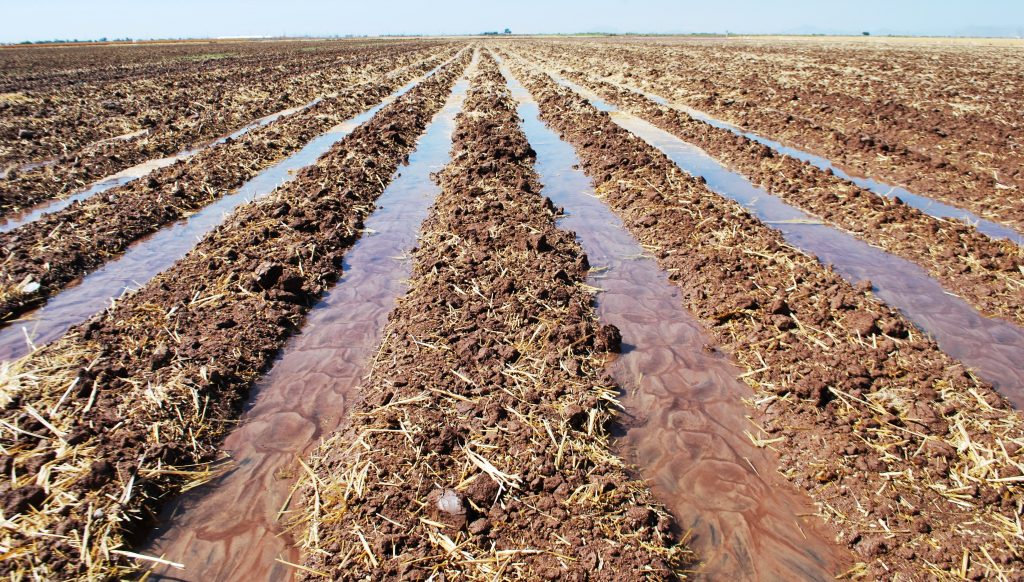 Against the grain: New paper reveals the overlooked health benefits of maize and wheat
Against the grain: New paper reveals the overlooked health benefits of maize and wheat
Cereals offer greater health and nutrition benefits than commonly acknowledged, despite often being considered ‘nutrient-poor’, say scientists. Read more.
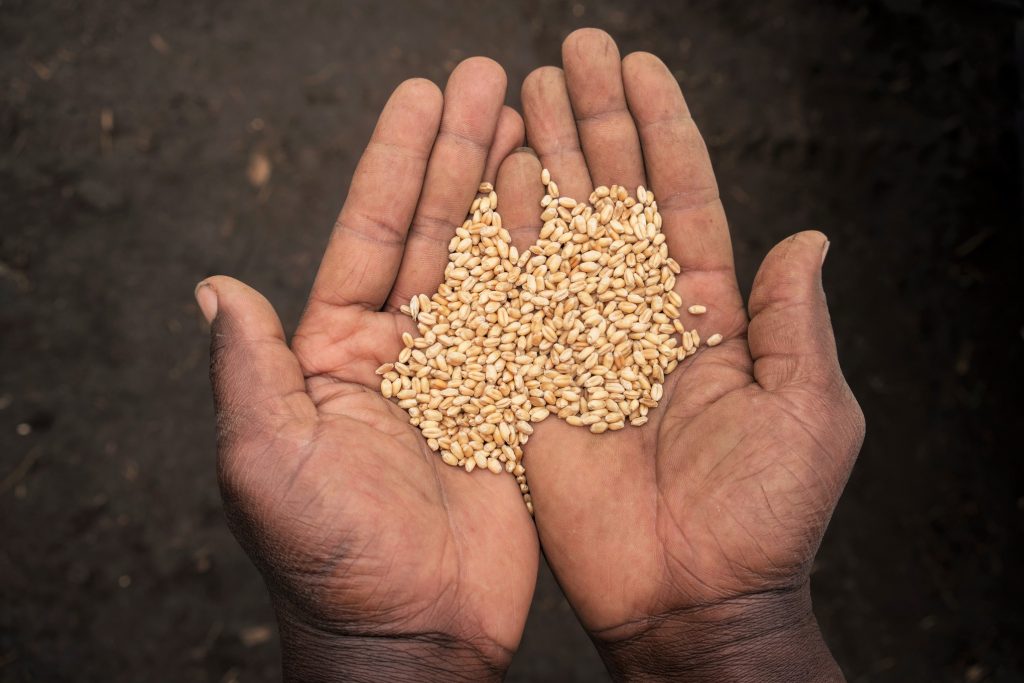
Breaking Ground: Isaiah Nyagumbo advances climate-smart technologies to improve smallholder farming systems
Systems agronomist transforms farmers’ livelihoods through improved crop performance and soil health, promoting sustainable techniques that mitigate climate change effects. Read more.
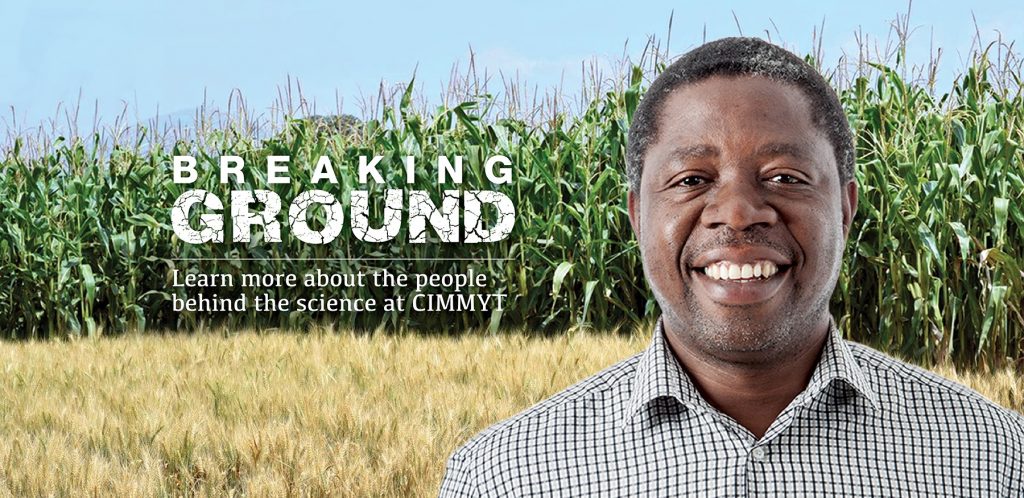 Subscribe to our email updates to stay in the loop about the latest research and news related to maize and wheat agriculture.
Subscribe to our email updates to stay in the loop about the latest research and news related to maize and wheat agriculture.
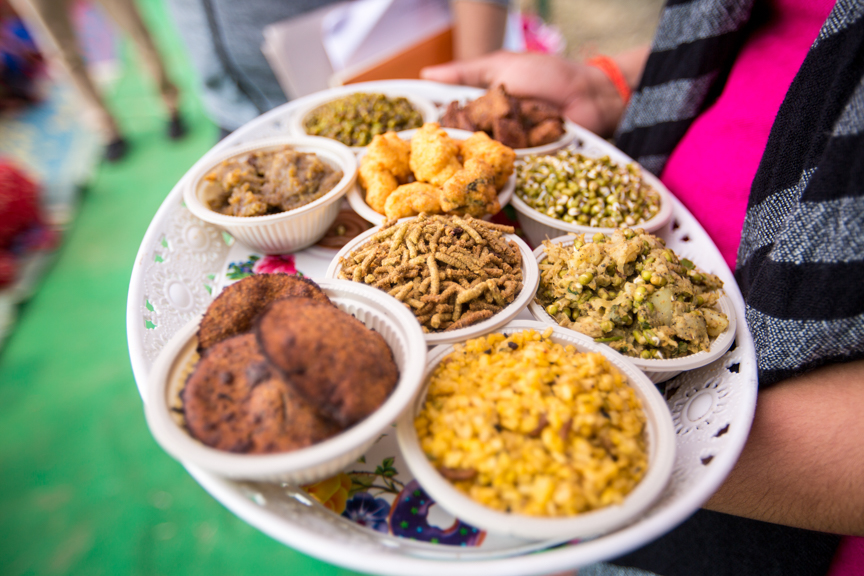
 Innovations
Innovations 